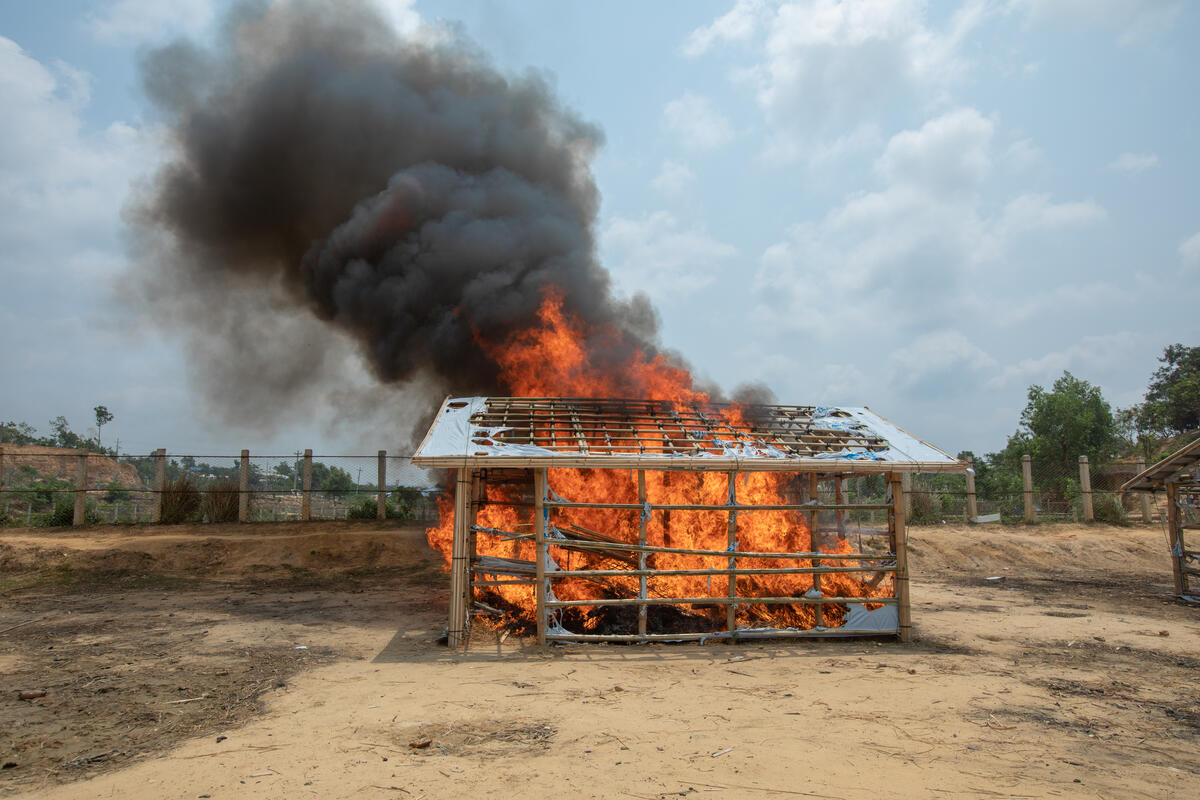Over 3.5 million refugee children miss out on school, report finds
Over 3.5 million refugee children miss out on school, report finds

GENEVA – More than 3.5 million refugee children did not have the chance to attend school in the last academic year, UNHCR, the UN Refugee Agency, says in a report published today.
Entitled “Left Behind: Refugee Education in Crisis”, the report says that, globally, 91 per cent of children attend primary school, but for refugees that figure is just 61 per cent, and in low-income countries less than 50 per cent.
It says there are 6.4 million refugees of school age – between five and 17 – among the 17.2 million refugees under UNHCR’s mandate. “In 2016, only 2.9 million were enrolled in primary or secondary education. More than half of them – 3.5 million – did not go to school,” it continued.
In a statement, Filippo Grandi, the UN High Commissioner for Refugees, said: “The education of these young people is crucial to the peaceful and sustainable development of the countries that have welcomed them, and to their homes when they are able to return. Yet compared to other children and adolescents around the world, the gap in opportunity for refugees is growing ever wider.”
As refugee children get older, the obstacles increase: only 23 per cent of adolescent refugees are enrolled in secondary school, compared with 84 per cent globally. In low-income countries, just 9 per cent of refugees are able to attend secondary school.
For tertiary, or post-secondary, education the situation is critical, it added. The percentage remains at 1 per cent for refugees, compared with 36 per cent worldwide.
The report calls for education to be considered fundamental to the response to refugee emergencies, and for it to be supported by long-term planning and reliable funding.
It urges governments to include refugees in their national education systems and highlights some of the efforts made towards implementing such a policy, even in countries where resources are already stretched.
This is the second annual education report from UNHCR. The first, “Missing Out”, was issued in advance of the UN General Assembly’s Summit for Refugees and Migrants last September. The New York Declaration for Refugees and Migrants, signed by 193 countries, put education at the forefront of the international response.
“Despite the overwhelming support for the New York Declaration, one year on, refugees are in real danger of being left behind in terms of their education,” said Grandi. “Ensuring that refugees have equitable access to quality education is a shared responsibility. It is time for all of us to put words into action.”
UNHCR is working along with partners to bring education to refugees around the world, in and out of camps. Increased funding is urgently needed to put more refugee children in school.











